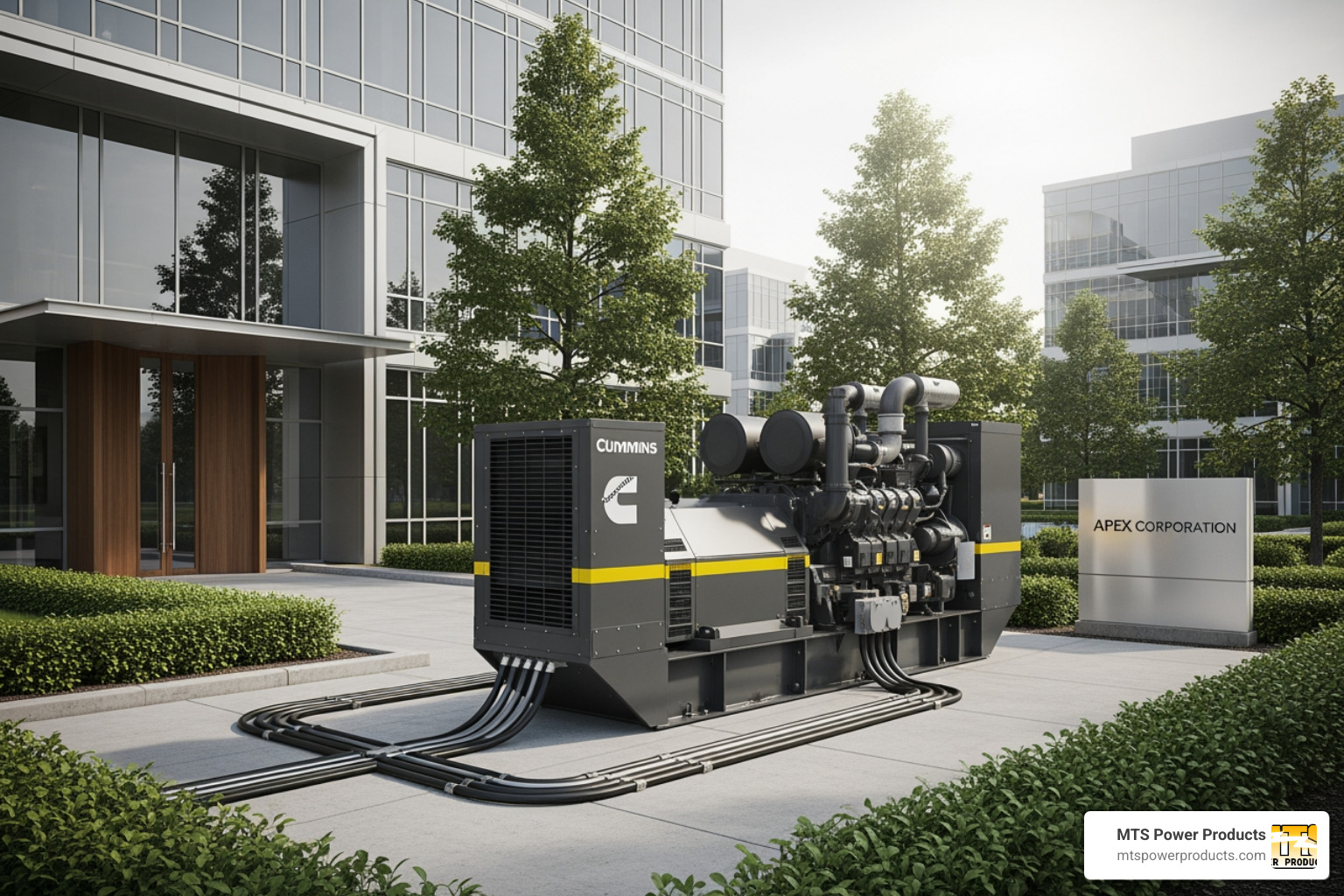
Buy Direct
from the Manufacturer
Sell our Products
Become a Distributor
Discounts
on volume purchases
Visit Us
at our Miami office
from the Manufacturer
Become a Distributor
on volume purchases
at our Miami office
Using a home standby generator as a backup power supply option is a great way to stay prepared during a power outage. Whether it’s because of a hurricane or an issue with the power grid, proper preparation can make a substantial difference.
Natural disasters, tropical storms, and heavy thunderstorms are a constant threat many residential areas face throughout the year. A home standby generator, also called emergency backup generators, eliminates the stresses of losing power for any significant period of time.
There are many useful benefits to owning a home standby generator instead of portable generators for home use. Keep reading to learn more about how standby generators work along with some things to consider before buying a new residential backup generator.
Standby generators, unlike a portable generator for home use, connect directly to the house’s electrical circuit and stay connected permanently. The generator stays off until it detects there is no longer a source supplying power to the residence.
When a power outage begins to occur, an automatic transfer switch begins redirecting the power load to the standby genset for a seamless transition between power supplies. This happens within seconds and does not require any additional steps from the genset’s owner to achieve.
This is a significant advantage to owning standby generators, as opposed to the manual steps small portable generators require for transitioning the power load. Another lesser-known benefit to owning a home standby generator is that it requires considerably less maintenance over time.
Standby generators have the ability to perform self-maintenance to prevent biofilm from building up and causing problems with the generator’s performance. The owner can preset scheduled self-maintenance instead of servicing the generator set every 6 months or so, a task that can be detrimental if neglected (especially if you find out the genset isn’t running only after you try to use it during an emergency power outage).
Standby generators come in a few varying options that include size, fuel type, power capacity, and manufacturing brand. Each option for fueling standby generators has its own pros and cons, such as fuel costs, storage, accessibility, and efficiency.
There are also silent standby residential generators for sale to consider, especially for those concerned with the potential noise a running generator makes. Take a look at the different residential standby generators online to find the necessary details and specifications needed to make an informed decision.
Whichever type of emergency backup generator you choose, the important thing to remember is you will be prepared to get through a power outage that could last days (or weeks). If you would like to speak with a generator specialist about recommending the best home standby generator to meet your own emergency backup power supply needs, contact MTS Power Products.
Facebook | Twitter | Google+ | YouTube